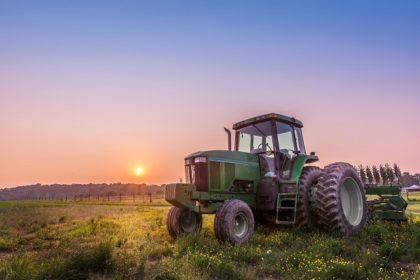Farmers are essential to our economy and provide an important service by providing food for every household in Minnesota and the United States. Being a farmer also provides unique and solid avenues to leave a lasting legacy for families and friends. If you are a farmer or involved in agriculture, you know the importance of careful planning for the future. Estate planning is an essential part of creating a secure future for both you and your family. Farmers, however, have some unique challenges in estate planning.

First, farms have a variety of assets that require different types of treatment. Crops that have been harvested and stored, but not yet sold, represent an enormous asset. Livestock represent yet another, but a herd of livestock is generally not sold in its entirety every year. Farm equipment may be leased or it may be purchased, but farm equipment is often substantial and represents an enormous investment of assets. Finally, the farm itself is also an important asset, which may be associated with a mortgage or owned outright. All of these different assets may be held in a different manner and may represent a different type of asset or liability.
The farm itself is a particular issue in this respect. Real estate may be held in many different ways. The most common way for real estate to be held between married couples is as joint tenants. With joint tenancy, the real estate will pass directly to the surviving joint tenant, without passing first through probate. Real estate may also be held as tenants-in-common, in which case the share belonging to the deceased will need to pass through probate and will be distributed according to the deceased’s will or according to the laws of intestacy. Where there are family farms, it is not uncommon for siblings to inherit and hold the farm itself as tenants-in-common.
In addition, Minnesota has additional tax and estate planning laws designed specifically for farms. One example is the Minnesota Qualified Small Business Property and Qualified Farm Property exclusion that is available for farmers who meet particular criteria. If the farmer can meet the criteria, then qualified property and assets of the farm will be excluded from Minnesota estate taxes.
If you are a farmer and have questions about estate planning and protecting your property, you need the help of expert estate planners. Call us today for an appointment.































